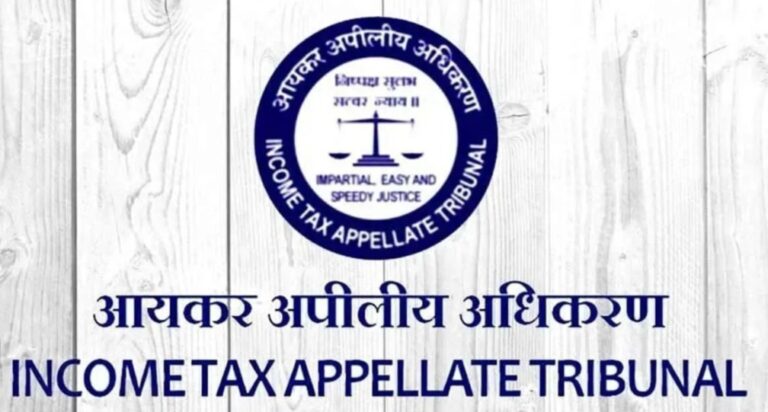In a significant ruling, the Income Tax Appellate Tribunal (ITAT), Ahmedabad Bench, in the case of Gujarat Technological University vs. DCIT (order dated 19 August 2025), held that a mere procedural lapse such as delay in filing Form 10 and Form 10B cannot be the sole reason to deny exemption under Section 11 of the Income Tax Act, 1961. The Tribunal emphasized that where a charitable institution is duly registered under Section 12AA, its activities are genuine, and the conditions for claiming exemption are substantively satisfied, denial of benefits only on technical grounds would defeat the legislative intent. This decision reiterates the principle that substance must prevail over form, providing much-needed relief to trusts and institutions facing hardships due to technical glitches or auditor-related lapses in timely compliance.
Case Snapshot
- Parties: Gujarat Technological University (appellant) vs DCIT / CPC and CIT(A) (respondent)
- Bench: ITAT Ahmedabad — Suchitra Kamble (Judicial Member) & Makarand V. Mahadeokar (Accountant Member)
- Date of Judgment: 19 August 2025
Facts of the Case
- The University filed its return of income under Section 139(1) on 23 October 2019, claiming exemption under:
- Section 11: ₹69.67 crores
- Section 10(23C)(iiiab): ₹54.37 crores
- A provisional audit report in Form 10B accompanied the return.
- The CPC (Bengaluru) denied Section 11 exemption, citing failure to furnish Form 10 and Form 10B within the prescribed time and processed the intimation under Section 143(1) accordingly.
- The University then submitted revised returns and multiple rectification applications—to no avail.
Appeals & Moral Dispute
- University appealed to CIT(A), pointing out that:
- Its registration under Section 12AA was valid.
- Its charitable activities were genuine.
- Delay in filing the forms was due to auditor’s professional negligence and technical/portal issues, backed by:
- A legal notice to the auditor (dated 5 Feb 2024)
- An affidavit from the auditor accepting responsibility (dated 20 May 2024)
- CIT(A) refused condonation, stating he lacked jurisdiction (per CBDT Circular No. 11/2024, dated 1 Nov 2024) and upheld the denial of exemption.
ITAT’s Ruling on 19 August 2025
The Tribunal found that:
- Clause: Delay in furnishing Form 10 and Form 10B was the only ground for denial of Section 11 exemption.
- Substantive compliance: University’s registration, genuineness of activities, and audit eligibility remained undisputed.
- Delay explanation was supported by credible evidence (auditor’s legal notice and affidavit).
- Judicial Trend & Precedents:
- Delay in filing Form 10B is a procedural defect, not a substantive disqualification.
- Relief had been granted in similar cases, including the University’s own case (AY 2017–18), where such delay was held procedural.
Thus, the Tribunal condoned the delay and directed that:
- The Assessing Officer should condone the delay,
- And grant the Section 11 exemption, as all other conditions were substantively met.
Broader Context & Supporting Jurisprudence
This ruling aligns with a consistent judicial approach favoring substance over form, especially where bona fide trusts face procedural delays:
- Shree Bhakt Samaj Vikas Education Trust vs ACIT (ITA No. 775/Ahd/2025; 25 June 2025):
ITAT Ahmedabad held that exemption under Section 11 cannot be denied merely due to a procedural delay in filing Form 10B, particularly if the form was available with the department before processing under Section 143(1). - Other Bench Rulings & High Court Precedents:
- ITAT and HC cases (e.g., ITAT Surat, ITAT Dehradun, Gujarat HC) have repeatedly held that Form 10B delays are directory, not mandatory—especially when filed even at appellate stages.
Conclusion & Key Takeaways
- Denial of Section 11 exemption solely for procedural delay in filing Form 10 and/or Form 10B is not justifiable.
- Substantial compliance, genuine charitable activity, valid registration, and truthful intentions are critical.
- Credible explanation and evidence for delay (audit oversight, portal glitches, auditor’s negligence) can secure judicial relief—even post due date or during appeals.
-
This decision reinforces a relief-oriented approach favoring charitable bodies in administrative lapses.
